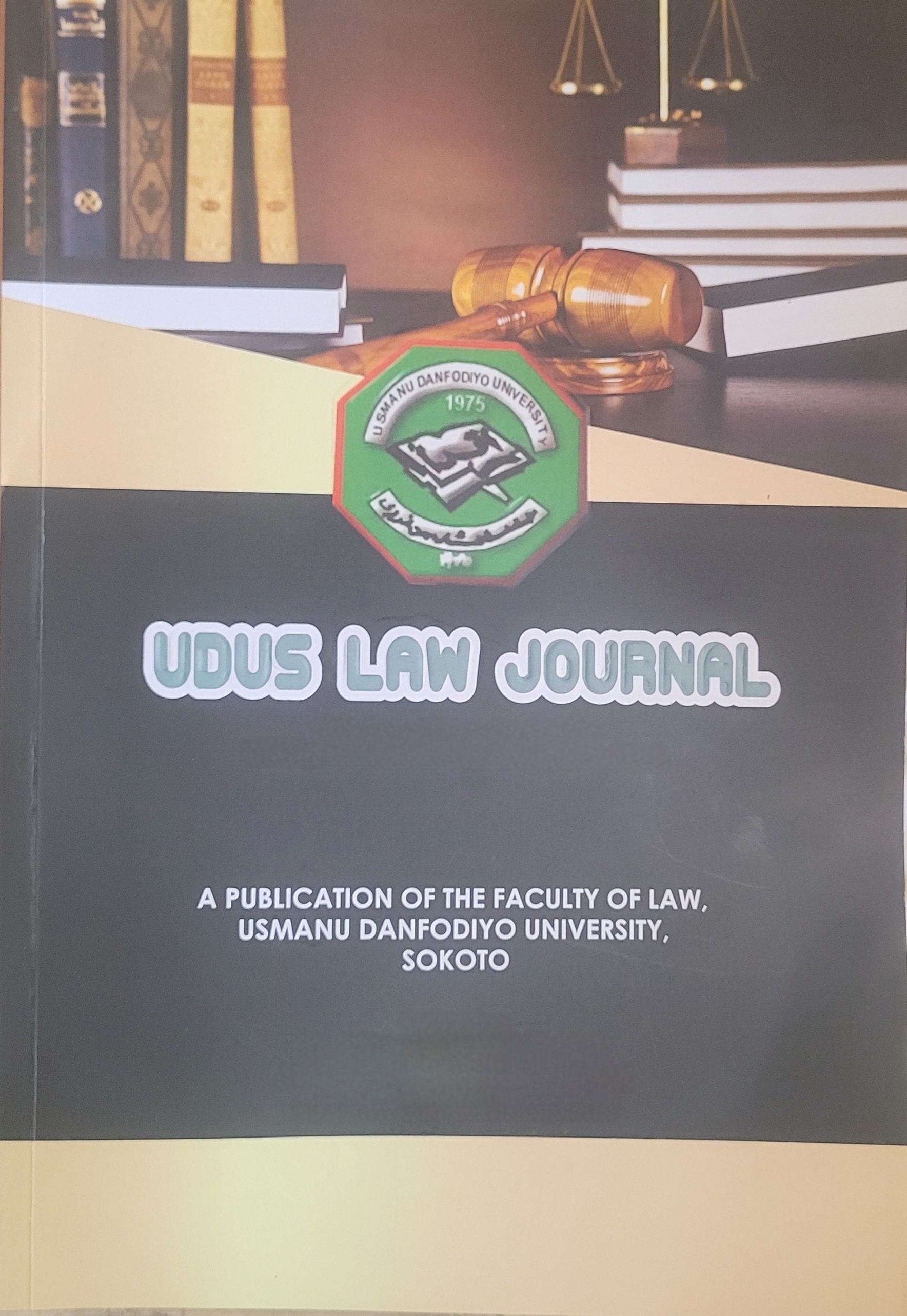Abstract
In Islam, nikāḥ (wedlock) is expected to last until one of the spouses dies. In a good marriage, both husband and wife work hard to solve any problem that arises. Islam frowns at and discourage breaking marriage. However, if the spouses cannot live together in peace and harmony any more in the marital relationship, then its continuance is no longer considered desirable. Both breaking marriage and keeping the spouses in a fragile and fake harmony are evils. Nonetheless, in order to balance between the two evils, dissolution of nikāḥ is permitted as a matter of necessity for the avoidance of greater evil, which may result from the continuance of the nikāḥ. For talāq to validly take effect, Islamic law recognises certain terms as direct terms and others as indirect. The Law also distinct between talāq on the basis of circumstances and conditions of either spouses in which the talāq takes place. Like any Muslim community, talāq occurs among Nigerian Muslims whose mother tongue is not Arabic language and in different conditions and circumstances. Adequate information becomes pertinent for the court, Sharīʻah committee, qāḍi, judge, arbitrator, Imam, legal practitioners and other concerned stakeholders. However, available literature/materials on the subject matter under review, especially in English language is minimal. This paper therefore aims at filling this vacuum using descriptive and doctrinal approaches. The research consulted Qur’ān, Sunnah, fiqh manuals, tafsīr books and academic literature. Research findings revealed that, there are some discrepancies in the process, procedure and methods of managing matrimonial crises that usually lead to talāq among the Nigeria (Yoruba) Muslims



 National Library of Nigeria
National Library of Nigeria.jpg) Association of Nigerian Authors
Association of Nigerian Authors Nigerian Library Association
Nigerian Library Association EagleScan
EagleScan Crossref
Crossref